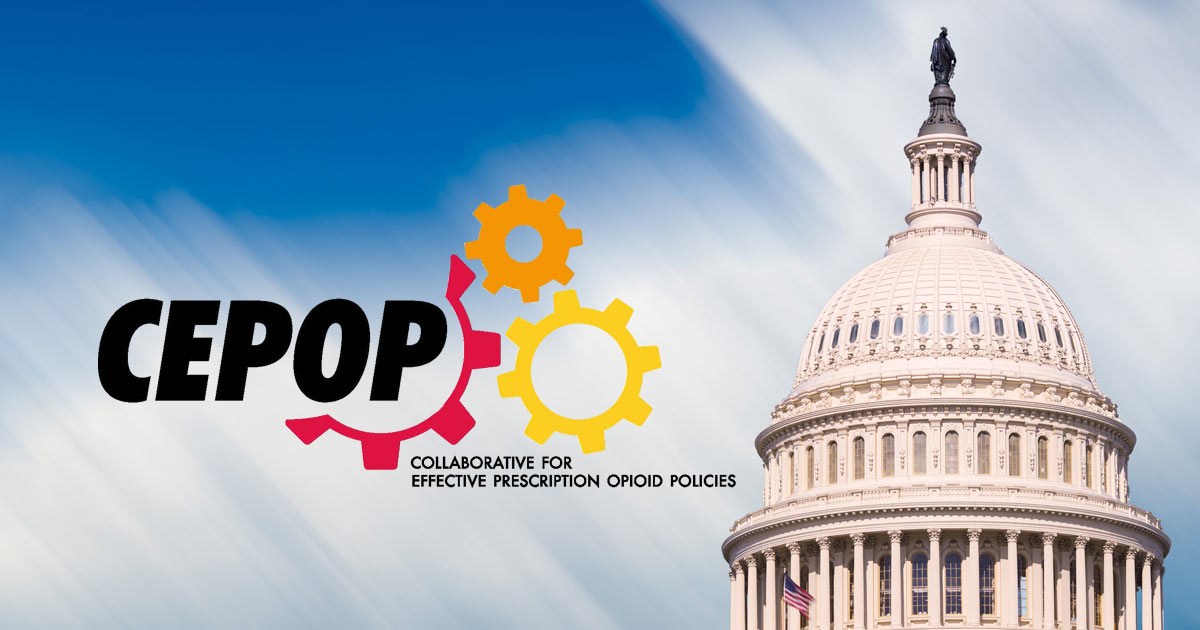Three Bipartisan Measures Introduced on Opioid Workforce, Treatment Access, and Drug Scheduling
Congressional members introduced three pieces of legislation that would address the opioid epidemic by hiring and training doctors in addiction medicine, expand access to non-opioid treatment alternatives, and permanently classify fentanyl substances as Schedule I drugs. The Opioid Workforce Act, introduced by Senators Susan Collins (R-ME) and Maggie Hassan (D-NH), would create 1,000 medical residency programs in addiction medicine, addiction psychiatry, and pain management, and would enable hospitals to create up to 25 new addiction medicine positions. In the House, Representatives Terri Sewell (D-AL-07), David McKinley (R-WV-01), Ann Kuster (D-NH-02), and Brian Fitzpatrick (R-PA-01) introduced the Non-Opioids Prevent Addiction in the Nation (NOPAIN) Act. This bill would require the Centers for Medicare and Medicaid Services (CMS) to change the way it classifies non-opioid drugs and devices and provide a separate reimbursement for these treatments, reducing the barriers to access experienced by some Medicare patients. Companion legislation was introduced in the Senate by Senators Rob Portman (R-OH), Jeanne Shaheen (D-NH), Shelley Moore Capito (R-WV), and Joe Manchin (D-WV) in March. Also in the House, Representatives Vern Buchanan (R-FL-13) and Chris Pappas (D-NH-1) introduced the Federal Initiative to Guarantee Health by Targeting (FIGHT) Fentanyl Act to make the Drug Enforcement Administration’s (DEA) temporary fentanyl scheduling order, which was set to expire this month but was extended to October 2022, permanent. This legislation is companion to legislation introduced in the Senate in February by Rob Portman (R-OH) and Joe Manchin (D-WV).
Articles & Resources
Senator Susan Collins – Senators Collins, Hassan Introduce Bipartisan Bill to Train More Doctors in Substance Use Disorder Recovery and Prevention
Representative Terri Sewell – Reps. Sewell, McKinley, Kuster, and Fitzpatrick Introduce Legislation to Expand Access to Non-Opioid Medication, Stem Opioid Epidemic
Representative Vern Buchanan – Buchanan Introduces Bill to Reduce Access to Deadly Synthetic Drugs
House Passes Bill to Amend Orphan Drug Act and Promote Development of Opioid Use Disorder Treatments
On May 19th, the House of Representatives passed the Fairness in Orphan Drug Exclusivity Act, reintroduced by Representatives Madeleine Dean (D-PA-4) and Marc Veasey (D-TX-33), in a vote of 402-23. The current law has been cited as a potential obstacle to competition in the development of opioid use disorder treatments. If enacted, the bill would require manufacturers seeking approval and market exclusivity for a new version of a drug to show that they have no expectation of recouping their research and development costs through U.S. sales. The Fairness in Orphan Drug Exclusivity Act was previously introduced during the 116th Congress and passed unanimously in the House in November 2020.
Articles & Resources
Representative Madeleine Dean – Rep. Dean’s Bipartisan Legislation Passes House — Bill will Allow New Treatments for Opioid Use Disorder
H.R.4712 – Fairness in Orphan Drug Exclusivity Act
What We Read Last Week
Several articles were published last week pertaining to the opioid epidemic, covering a variety of different components of the issue. Links to relevant articles are provided below.
Articles & Resources
CNN – Border agents have seized more fentanyl in the last 7 months than the year before, CBP says
DEA – Federal Authorities Announce 11 Cases Charging Alleged Drug Dealers with Providing Opioids that Led to Fatal Overdoses
Epic Health Research Network – Post-op Opioid Prescription Amounts Decreasing, But Not Yet at Recommended Levels
Health Affairs – Federal Opioid Grant Funding Favors Least Populous States, Not States With Greatest Need
JAMA Health Forum – Trends in Filled Naloxone Prescriptions Before and During the COVID-19 Pandemic in the United States
Journal of Addiction Medicine – Civil Commitment for Substance Use Disorders A National Survey of Addiction Medicine Physicians
Michigan Department of Health and Human Services – Michigan Opioids Task Force Releases Annual Report
NPR – Racism, Opioids And COVID-19: A Deadly Trifecta
Representative Ann McLane Kuster – Bipartisan Addiction and Mental Health Task Force Statement on Mental Health Action Day 2021
The Hill – How to target opioid funding to states that need it most
The Washington Post – A more powerful naloxone is on the way. The question is whether it’s needed.
University of Connecticut – Connecticut’s Medication-assisted Opioid Treatment Programs Retain Patients at Higher Rates
This Week’s Calendar
In the week ahead, there are no relevant events or hearings noticed at this time. In the event that there are any changes to the schedule for this week, we will make additional information available.
Questions about the above content can be directed to sanjyot.sangodkar@

